A brief description about this Activity.
Emotionally Focused Therapy (EFT) in Action, Road Map to Emotional Healing: An outline of the theory and practice of EFT with Couples, Individuals and families. This excellent Introduction to Emotionally Focused Therapy model is a comprehensive overview of the approach, its theoretical base/ Attachment theory, stages and steps, and skills and interventions to apply in clinical practice, with exercises, case examples, and video clips of real clients’ sessions. Open for qualified psychotherapists, psychologists, counsellors, clergy who work with couples, individuals and families, and want to learn how to use the model in difficult clinical situations. Built into Emotionally Focused Therapy approach is the science of human connection – how we reach for others and seek a Safe Haven and Secure Base with those most significant to us (J. Bowlby). Unique to EFT is identifying the “negative cycle” of relationship or insecurities associated with personal distress. The cycle often includes repetitive arguing with no resolution, painful personal emotional attacks towards each other and unbearable periods of withdrawal and silence (‘blame-defend’ or ‘attack-withdraw’ cycle), or on a personal level easily triggered anger, anxiety or plunging into the ‘darkness’ of depression. Using the power of emotion as a target and agent of change EFT provides a clear therapeutic map to helping partners, individuals and family members to restructure their emotional responses, and lead them into connectedness and a secure bond with each other, through in-session “corrective emotional experience”. The Results: – EFT has been applied to many different kinds of problems and diverse populations. – A history of success: after 12 to 20 sessions, 70 to 75% of people move from distress to recovery; 90% show significant improvement. Emotionally Focused Family Therapy (EFFT) can be an excellent way to understand difficult emotions and strengthen the bond between parent(s) and child(red). EFFT can be a bridge between parents and children that allows children to communicate their emotions and the problems that they are being faced with. It is a great way to allow parents the opportunity to learn how to help their child manage their emotions and behaviours while learning the skills to support their children and help to take on the lead role in effecting positive change in their child and their relationship. EFFT can be helpful when working with children and teenagers but can also be applied to relationships between adult children and their parent(s). In this course, we will provide a brief introduction to EFFT, discuss case examples, provide a role-play of EFFT, and give you an opportunity to ask any questions you may have.
Learn more about this Activity.
No Website has been provided for this Activity.
The Provider for this Activity.
